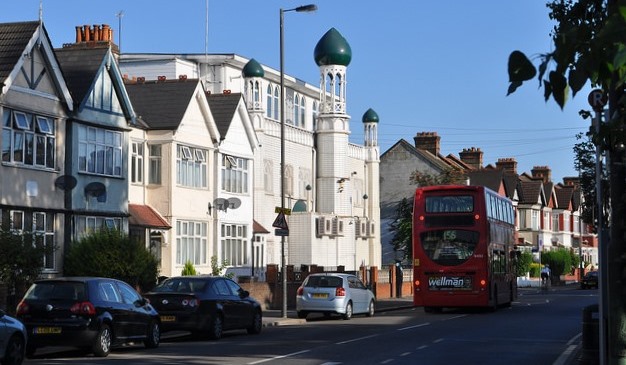
Dr. Erdem Dikici, Research Affiliate at the Centre for the Study of Ethnicity and Citizenship, University of Bristol
A decade ago, research by Pinar Enneli, Tariq Modood and Harriet Bradley identified Turkish-speaking people in Britain (Turkish Cypriots, and Turks and Kurds from mainland Turkey) as ‘invisible minority groups.’ ‘Such groups’, it was noted, ‘make little appearance in public debates about race relations and have been little studied within academic social science.’
Hopefully, this is about to change because of the latest, and indeed scandalous, argument of the British Vote Leave campaign, that (i) Turks engender a threat to national security, and (ii) 12 million Turks will flood into Britain if Britain remains in the EU and Turkey successfully joins the EU.
As Turks have made the front pages of newspapers and become central to the public debates regarding Brexit/Bremain, there seems to be an opportunity for Turks to come to the fore, to become more “visible” within the fabric of multi-ethnic Britain. Thus, rather than focusing on Turkey’s EU accession journey or what would be the consequences of an alleged/imagined massive influx of Turks in the UK, I believe that it is more important to take the recent media coverage of Turks as an opportunity to make a case for Turks already residing in the UK.



